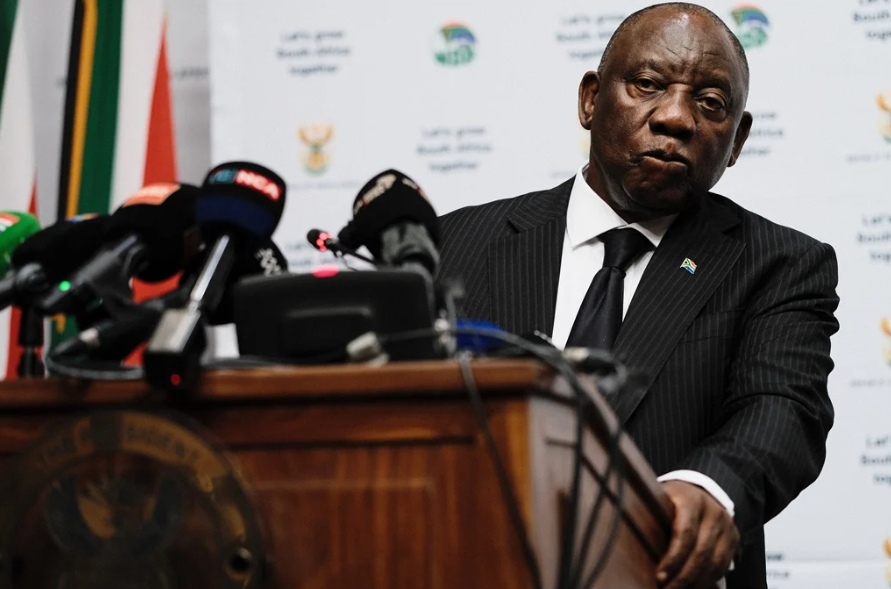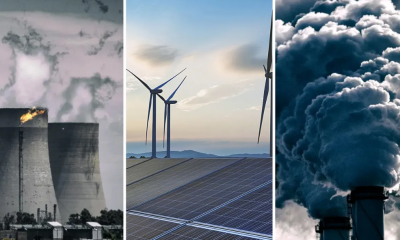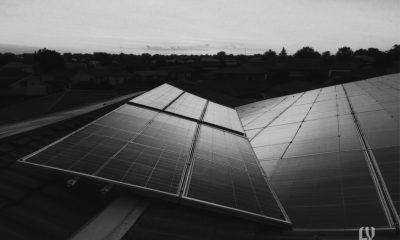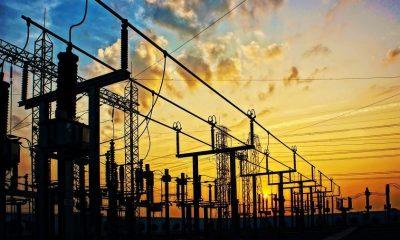411
South Africa Pushes Ahead With Green Transition Despite U.S. Exit From Climate Pact

South Africa is forging ahead with its ambitious green energy transition—even without the United States.
After the U.S. unexpectedly pulled out of its financial commitments to the Just Energy Transition Partnership (JETP) in March, South Africa’s National Treasury confirmed it is in advanced talks with other international partners to secure new funding.
The Treasury is negotiating policy loans with Germany’s state development bank, KfW, and the African Development Bank (AfDB), through which the United Kingdom is providing support via credit guarantees. While full details remain confidential, people close to the matter say the two loans may total close to $1 billion.
US Withdrawal, Global Commitment
The U.S. had promised $1 billion in loans and $48 million in grants to support South Africa’s transition away from coal. Its withdrawal was widely seen as a blow—but one that hasn’t derailed the broader plan.
In a joint statement on March 19, remaining partners—Germany, France, the UK, the European Union, Denmark, and the Netherlands—reaffirmed their commitment, saying:
“While the withdrawal of the US is regrettable, the International Partners Group remains fully committed to supporting South Africa to deliver its just energy transition.”
South Africa’s green transition is part of a larger international push under the JETP, launched in 2021 to help the country—one of the world’s most carbon-intensive economies—shift to cleaner energy.
Where the Money Will Go
According to people familiar with the negotiations:
-
The KfW loan, potentially worth €500 million ($553 million), would be directed toward capacitating South Africa’s new National Transmission Company, a critical step in expanding the grid to handle increased renewable power.
-
The UK’s loan, expected to exceed $400 million, will support coal belt municipalities, funding water and infrastructure projects to help communities impacted by the shift away from coal.
The loans build on prior contributions from the JETP partners. KfW has already advanced €800 million, and France’s Agence Française de Développement (AFD) has provided another €700 million in two separate loans.
So far, more than $2.5 billion of the total pledged $8.3 billion has been disbursed.
Filling the U.S. Gap
In addition to new loans, Germany and the UK are reportedly considering stepping in to cover some of the U.S. grant shortfalls. These funds were earmarked for:
-
Ash dump rehabilitation at coal-fired power stations
-
Municipal decarbonization programs
-
Training for workers transitioning into the renewable sector
-
Initiatives promoting women in clean energy
No Turning Back
Despite the setback from Washington, South Africa is signaling that its green energy plans are not on hold. In fact, the country is accelerating efforts to attract new investment and deliver on promises made under the JETP framework.
With global partners stepping up, and domestic institutions like the National Transmission Company beginning to take shape, South Africa is betting big on its clean energy future—with or without U.S. support.
{Source BusinessTech}
Follow Joburg ETC on Facebook, Twitter , TikTok and Instagram
For more News in Johannesburg, visit joburgetc.com



























